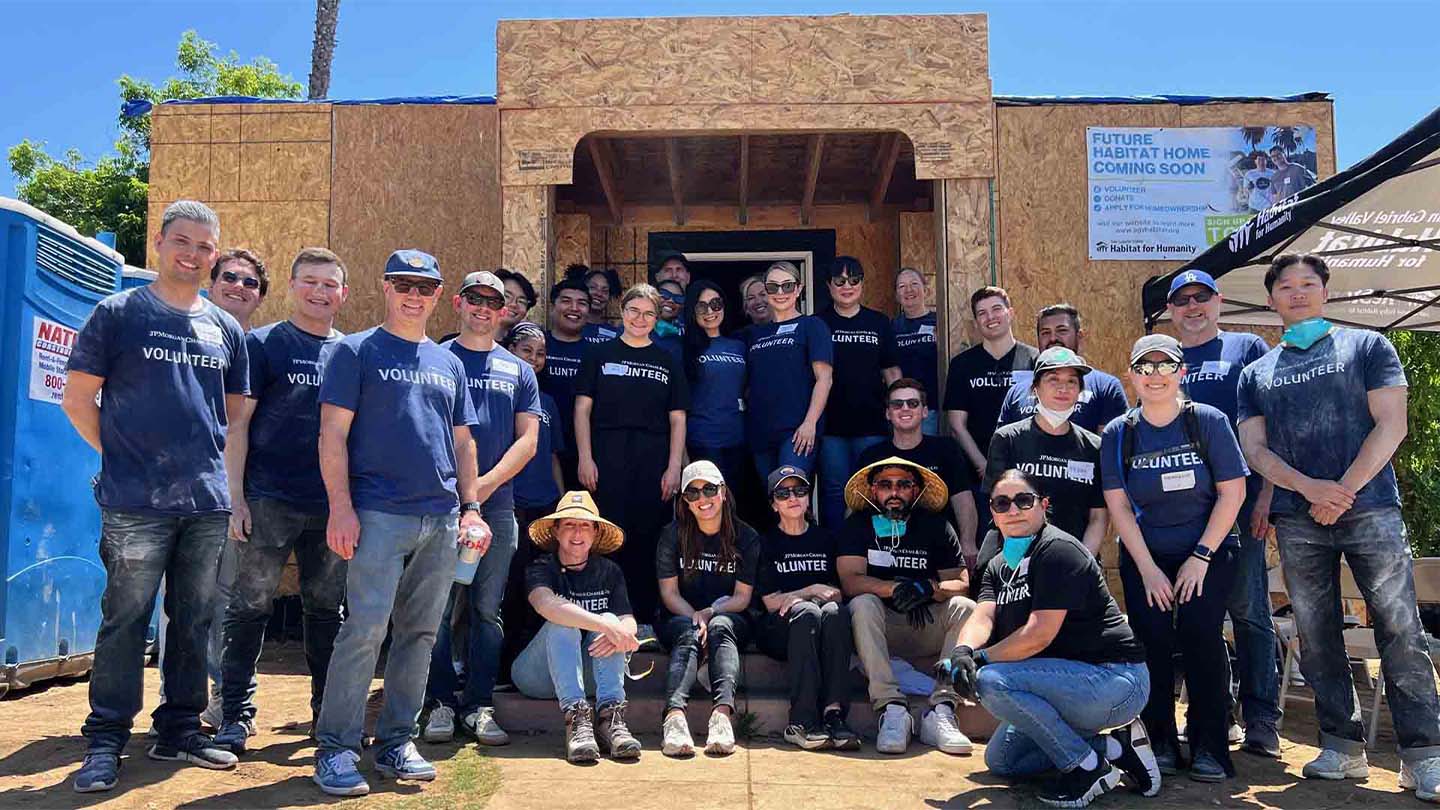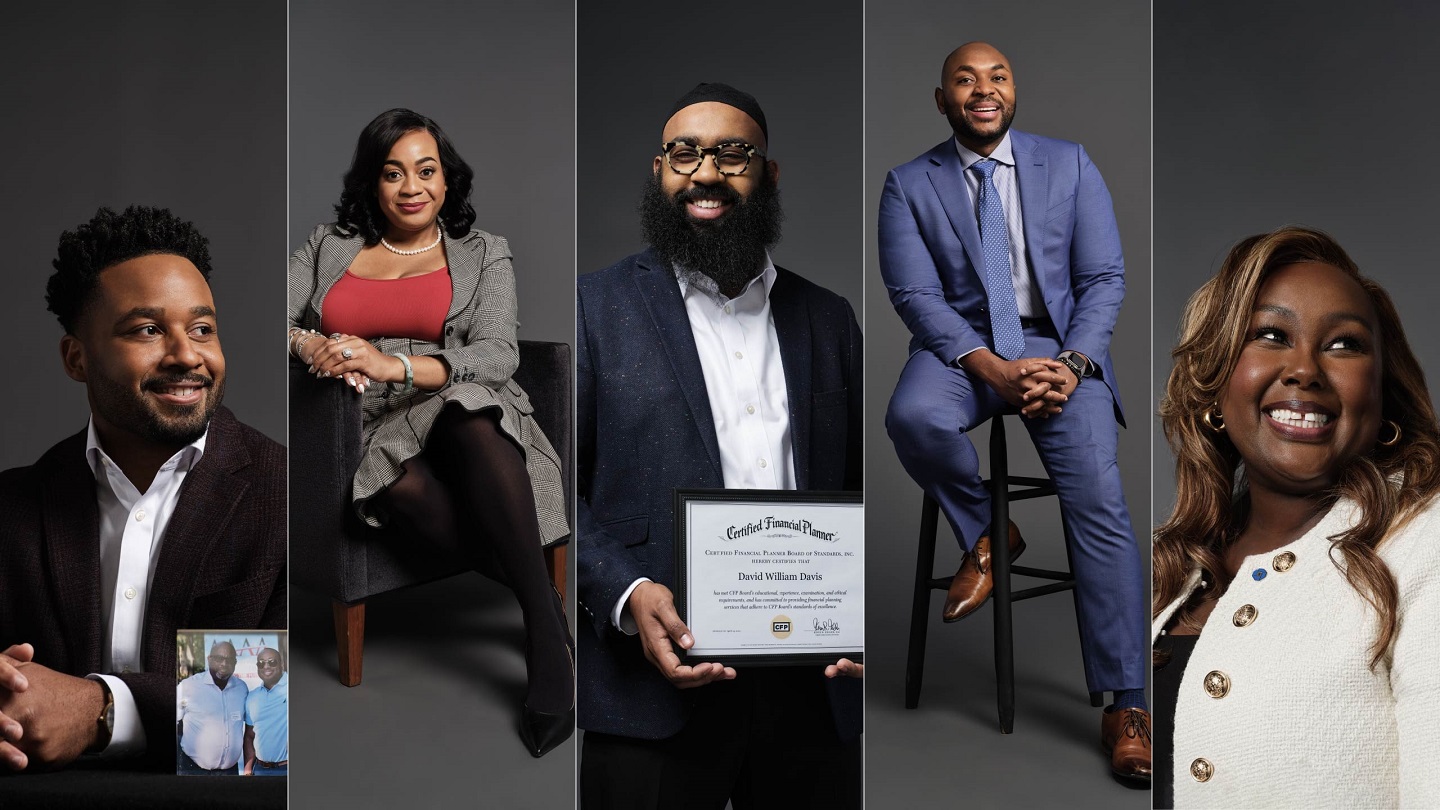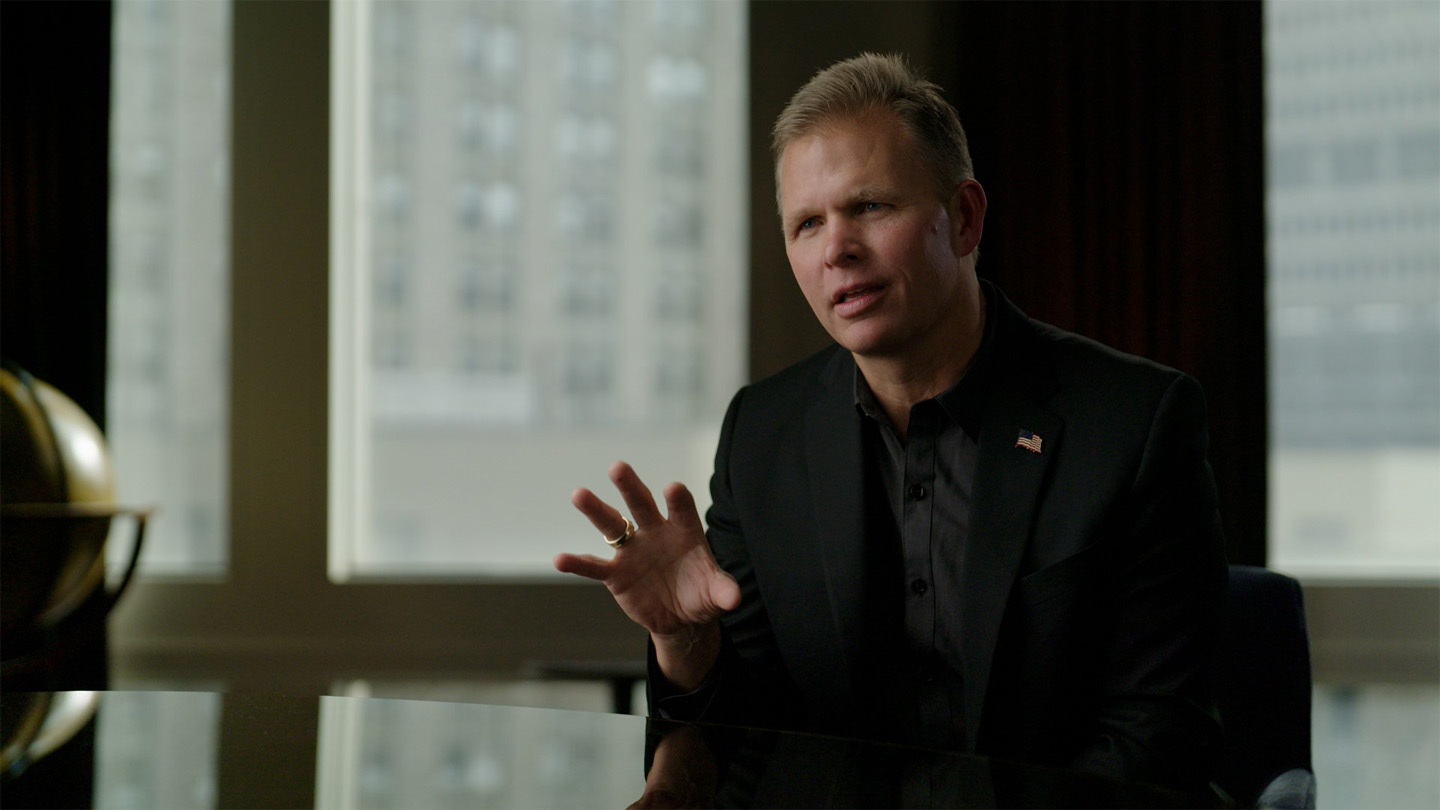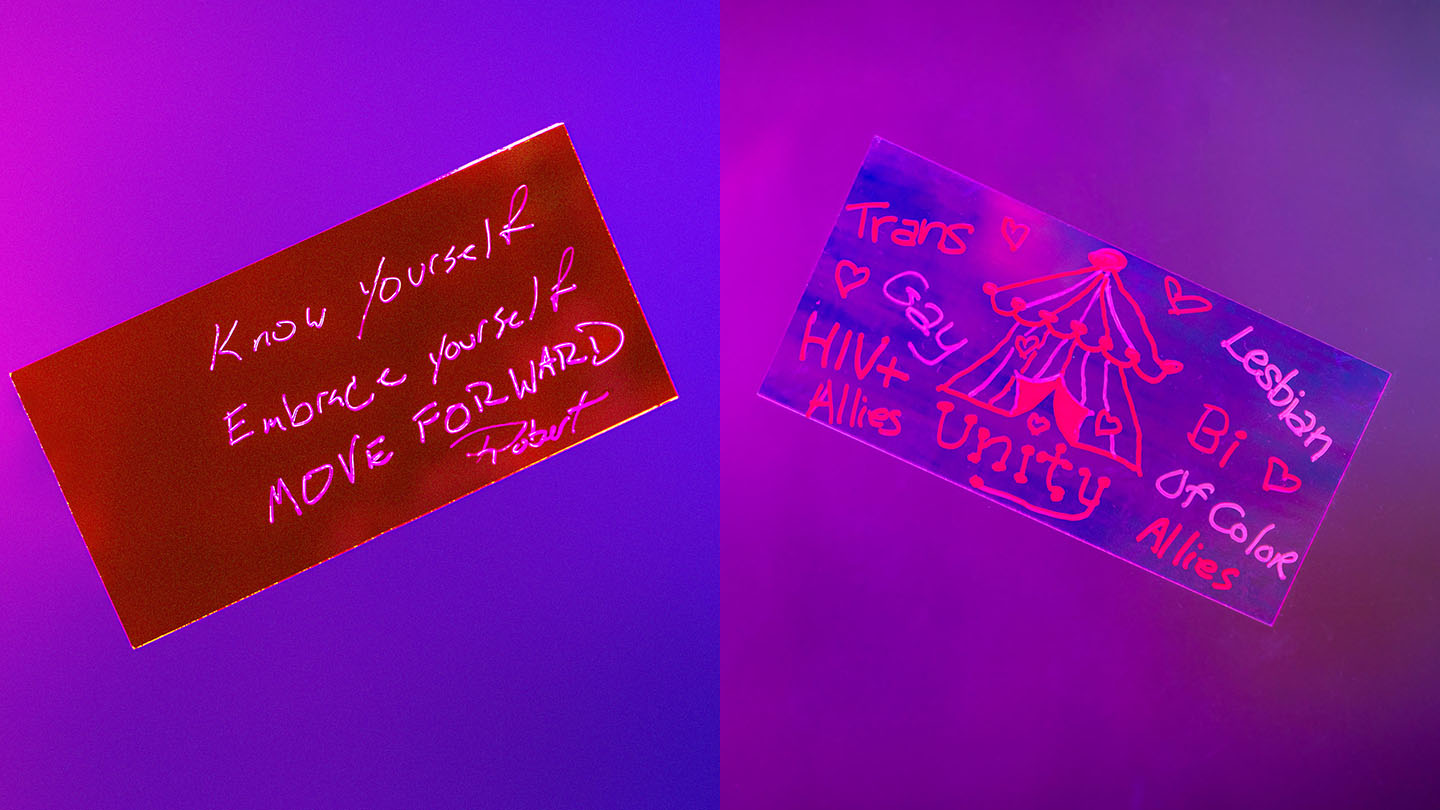
Hours before he was assassinated, Dr. Martin Luther King Jr. delivered his last speech, compelling the crowds to join a radical ‘bank-in’ to bolster minority-owned banks and support local communities. In celebrating Black History Month, the role of banks and banking institutions cannot be understated - both as a marker for history and as a pathway to a better future.
For me, history has always been the instrument of change, and of progression. It is made in the moment.
Following the murder of George Floyd, I was very proud that we in J.P. Morgan intensified our efforts, and did not let that moment in history pass without using the opportunity to accelerate.
We set the example. And we continue to do so. Therefore, both personally and professionally, we have to ask: Are we satisfied with where we are… or can we do more? In our case, in addition to the company’s $30 billion racial equality commitment, we were among the first to join the Treasury Bank Mentor-Protégé Program. The program has shown us, first hand, how change can happen with the right level of support.
Funding the American dream
Through this program, working with Liberty Bank has been a real privilege, and I have been honored to support Alden and Todd McDonald and their team. As President and CEO, Alden – a legend in the financial world – has personally played a vital role in the history of US banking. Leading Liberty Bank since its inception in New Orleans in 1972, this financial services pioneer looked to the unbanked communities and envisioned financial freedom – an ambition he and his bank still strive for today.
He explains: “By far the biggest requirement for us, as a Minority Depository Institution (MDI), has been access to capital. Through the Treasury Bank Mentor-Protégé Program - as well as J.P. Morgan’s direct equity investment and Empowering Change program - J.P. Morgan made that happen, permitting the bank to grow by way of new business and M&A, which we need to survive. Traditionally, MDIs have had trouble gaining capital from investment, and can only grow based on what they can bring down to the bottom line; small banks can’t continue to survive while shouldering the same cybersecurity, technology and compliance costs as large banks or fintechs.
Historically, economic development in Black communities was so important. Even today, people know what they need to do, they just need the tools and support to do it. That’s why Black history celebration is important – the Civil Rights movement ties into minority banking. This is the solution for closing the gap.
Alden J. McDonald
President & CEO, Liberty Bank
“Compounding this, Black banks struggle to get investment internationally as, unlike Hispanic or Latinx banks, our generational wealth has been cut off – other cultures have resources that they can pull from.”
Todd McDonald, Senior Vice President and Board Director of Liberty Bank, agrees. “Our ambition is to continue to grow, to continue to provide access to products that we are really good at. Having a presence in these unbanked communities allows us to offer an alternative to payday loans, alleviating the risk a cycle of debt compounded with high fees. 400% interest rates are almost the norm for some payday loans, which is a tremendous amount of money flowing out of our community, purely because they don’t have access to any other option.
“Now, with Chase’s support, we can benefit from ATMs or pop up on cellphones without needing a physical presence in the community. We are able to compete and offer an alternative that can truly help these communities. That allows these communities to start preserving their cashflow and save money, maybe towards down payment, or opening a business. It’s a huge benefit to ordinary customers.”
There have been 13 acquisitions in the history of Liberty, which now has a presence in 11 cities. As Alden says, “Frederick Douglass, Dr. King, Mayor Jackson have all been connected to Minority-owned banks, as investors, on the boards… when you start peeling back the history of MDI banking it’s like the All Stars! The reasoning for this is simple: historically, economic development in Black communities was so important. Even today, people know what they need to do, they just need the tools and support to do it. That’s why Black history celebration is important – civil rights movement ties into minority banking – this is the solution for closing the gap”.
Completing the circle, that same Tennessee bank that Dr. King rallied for in his final speech (Tri-State Bank) was acquired by Liberty last year, securing its future and continuing its ambition to back the community that it stands for.
Diversity matters. Find out more about the work J.P. Morgan is doing.
The views and opinions expressed herein are those of the author and do not necessarily reflect the views of J.P. Morgan, its affiliates, or its employees. The information set forth herein has been obtained or derived from sources believed to be reliable. Neither the author nor J.P. Morgan makes any representations or warranties as to the information’s accuracy or completeness. The information contained herein has been provided solely for informational purposes and does not constitute an offer, solicitation, advice or recommendation, to make any investment decisions or purchase any financial instruments, and may not be construed as such.
JPMorgan Chase Bank, N.A. Member FDIC.
JPMorgan Chase Bank, N.A., organized under the laws of U.S.A. with limited liability.







